Search
Search Results
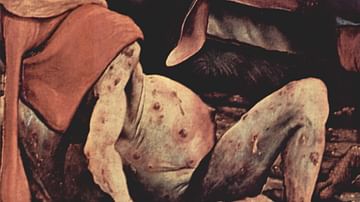
Definition
St. Anthony's Fire
St. Anthony's Fire (SAF) is an illness brought on by the ingestion of fungus-contaminated rye grain causing ergot poisoning (ergotism). The disease's common name derives from the medieval Benedictine monks dedicated to that saint who offered...
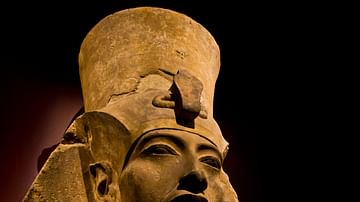
Definition
Amarna Period of Egypt
The Amarna Period of ancient Egypt was the era of the reign of Akhenaten (1353-1336 BCE), known as 'the heretic king'. In the 5th year of his reign (c. 1348 BCE), he issued sweeping religious reforms which resulted in the suppression of the...
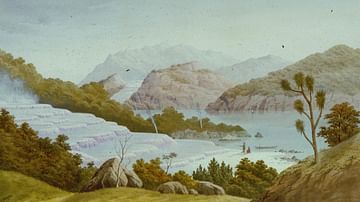
Definition
Pink and White Terraces of New Zealand
The cascading geothermal pink and white terraces of Aotearoa New Zealand were often referred to internationally and within New Zealand as the eighth wonder of the world. They were a famous tourist attraction in the 19th century until the...
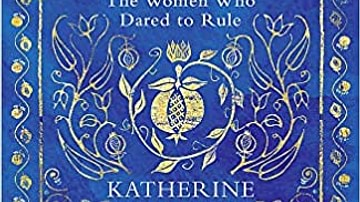
Interview
Interview: Queens of Jerusalem, the Women Who Dared to Rule by Katherine Pangonis
Join World History Encyclopedia as they chat with medievalist Katherine Pangonis, all about her new book Queens of Jerusalem, the Women Who Dared to Rule. Kelly: Do you want to start off by telling us what your book is all about? Katherine...
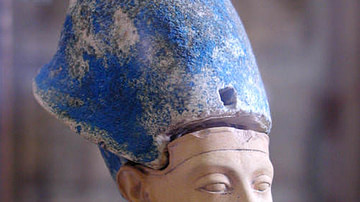
Definition
Akhenaten
Akhenaten (r. 1353-1336 BCE) was a pharaoh of 18th Dynasty of the New Kingdom of Egypt. He is also known as 'Akhenaton' or 'Ikhnaton' and also 'Khuenaten', all of which are translated to mean 'successful for' or 'of great use to' the god...
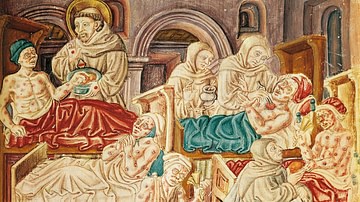
Article
Reactions to Plague in the Ancient & Medieval World
Throughout history, epidemics and pandemics of plague and other diseases have caused widespread panic and social disorder even, in some instances, when the people of one region were aware of a pervasive infection elsewhere. In the case of...
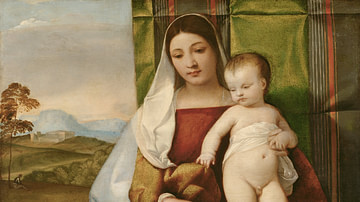
Article
The Origins of Christian Teachings on Human Sexuality
The Bible is often quoted in the modern discourse concerning human sexuality, gender identification, same-sex marriages, birth control, and especially abortion. However, most modern Christian teaching evolved from the writings of the Church...
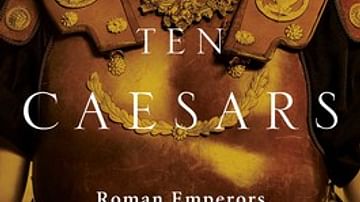
Interview
Interview: Barry Strauss on Ten Caesars
Dr. Barry Strauss' Ten Caesars: Roman Emperors from Augustus to Constantine tells the epic story of the Roman Empire from its rise to its eastern reinvention, from Augustus, who founded the empire, to Constantine, who made it Christian and...
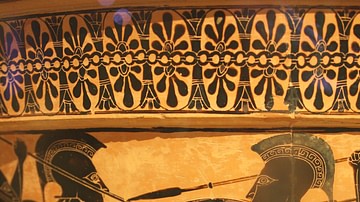
Definition
Iliad
Homer's Iliad describes the final year of the Trojan War, a legendary conflict between an alliance of Greek cities and the city of Troy in Anatolia. It was probably written in the 8th century BCE after a long oral tradition. The Greeks themselves...
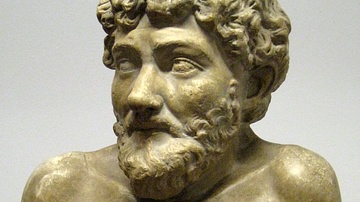
Article
Aesop's Fables
Written by a former Greek slave, in the late to mid-6th century BCE, Aesop's Fables are the world's best known collection of morality tales. The fables, numbering 725, were originally told from person-to-person as much for entertainment purposes...